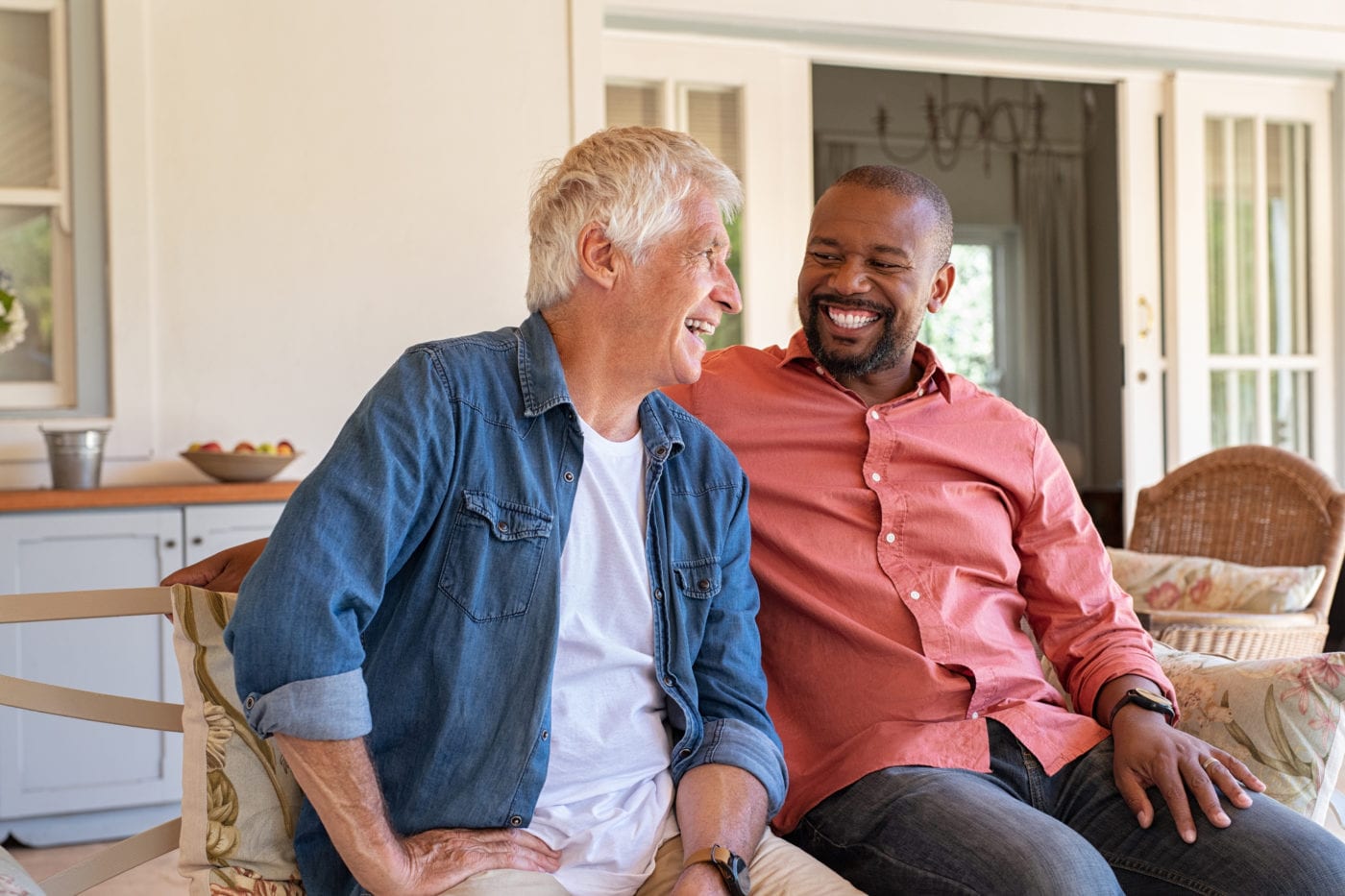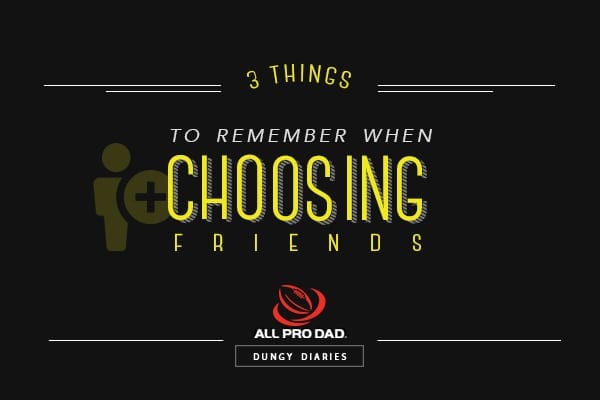A few years ago, I got ambushed at a summer block party. “Frank is one of your friends, right?” my neighbor Ralph said. “Someone’s got to talk with him about his drinking.” Frank, who lived directly across the street, was over by the cooler, guilty as charged, grabbing another beer. “Nancy just ran back to their house crying,” Ralph’s wife Betty said. “Frank’s a mean drunk; he puts Nancy down in front of other people; he’s a bully.” I had to decide how to confront someone—Frank.
Betty was angry. Ralph was agitated. I was rattled. I eased my way out of the crowd and sat on the curb, burdened and concerned. What does it mean to be a friend when your friend needs someone to steer him straight? Sometimes, being a friend means love in the form of confrontation. It’s not easy, but here are 5 rules to follow when you confront people.
1. Care for them.
It’s easier to have hard conversations with people who already trust you. Be an intentional part of your friend’s life. This means invite your friend to lunch, walk or jog together, ask him to help with a home project, obviously care about what he cares about, or watch a game together. Be accessible and be present. Be there with and for your friend. Invite him to be a part of your life. Let him see the evidence that you are a potential mentor.
2. Don’t be preachy.
Never talk down to someone who needs some redirection. Holier-than-thou talk is an absolute turn-off. Be down to earth and be authentic. Authenticity means owning up to our own challenges, avoiding the condescension that often comes with advice, being honest about what we don’t know, and letting reality trump idealism in our conversation.
3. Confess your own shortcomings.
No one is perfect. We all make mistakes. Let your friend know that you could use his help and encouragement. The keys to making a difference are having an open heart and trying our best.
4. Don’t beat around the bush.
Get to the point. “Frank, I’m worried about your drinking.” “George, it looks like you’re mad all the time!” If we have established the credibility to be in the conversation, then take the opportunity to be clear.
5. Make sure they know you’re with them, not rejecting them.
This is huge. Your friend may be angry at you for the confrontation. The last thing you need to do at this point is take offense and/or walk away. “I love you, brother, and I’d like to help.” “You know I’m one of your biggest fans. I’m not going to stop being your friend.”
Sound off: How would you like to be approached if someone needed to confront you about something?











Huddle up with your kids and ask, “How do you feel when someone tells you that you did something wrong?”